Speakers & Panelists

Nir Barzilai, MD
Director of The Einstein Institute for Aging Research, Albert Einstein College of Medicine
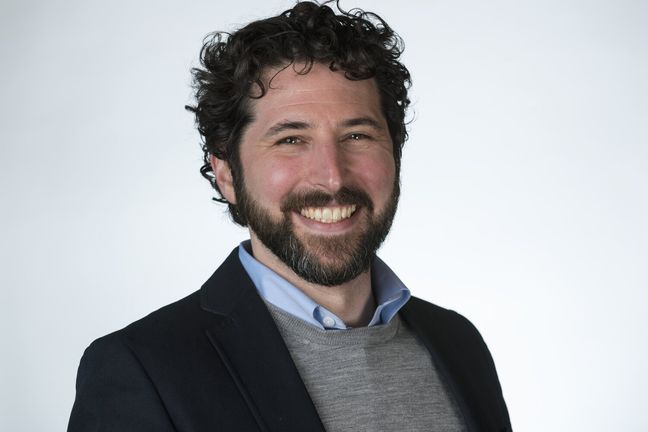
Daniel Belsky, PhD
Associate Professor of Epidemiology, Columbia University Mailman School of Public Health
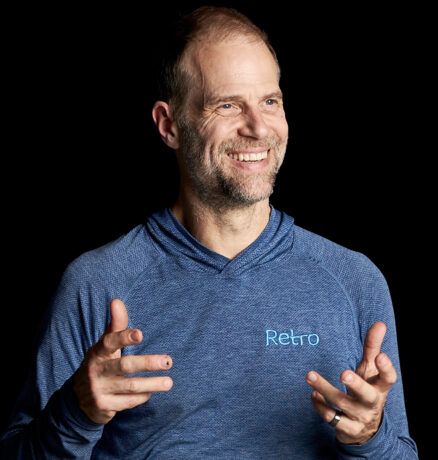
Joe Betts-LaCroix, PhD
CEO, Retro Biosciences

Brian Chen, PhD, MPH
UC San Diego, Former CSO, FOXO Technologies

Michelle Chen, PhD
Chief Business Officer, Insilico Medicine

Alan Cohen, PhD
Associate Professor, Department of Environmental Health Sciences & Butler Columbia Aging Center at Columbia University
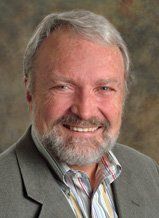
Steven R. Cummings, MD
Director, San Francisco Coordinating Center

Peter Fedichev, PhD
CEO, GERO.ai
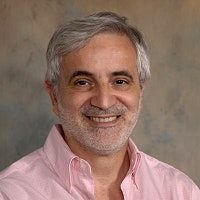
Luigi Ferrucci, MD, PhD
Scientific Director, National Institute on Aging
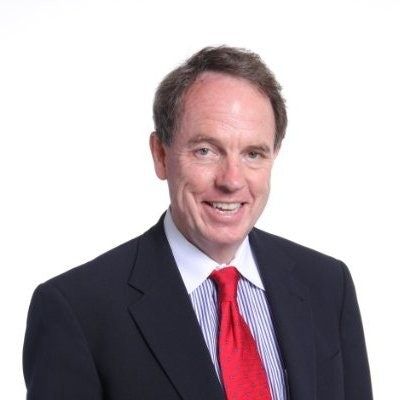
Alexander (Zan) Fleming, MD
Founder and Executive Chairman, Kinexum
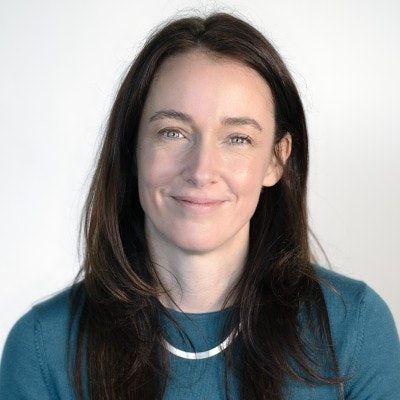
Kristen Fortney, PhD
CEO and Co-founder, BioAge
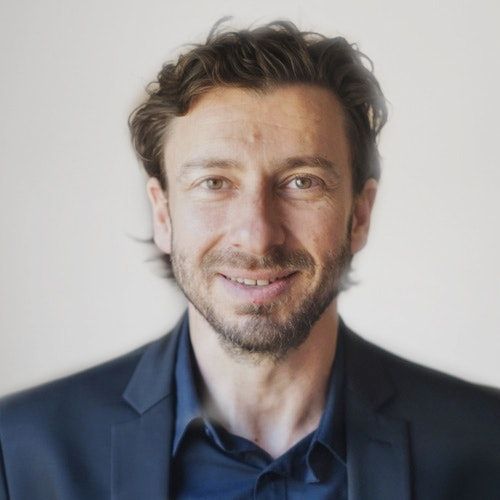
David Furman, PhD
Associate Professor & Director, Buck Institute & Stanford 1,000 Immunomes
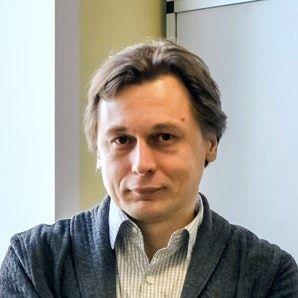
Vadim Gladyshev, PhD
Professor of Medicine, Harvard Medical School & Director, Center for Redox Medicine at Brigham and Women's
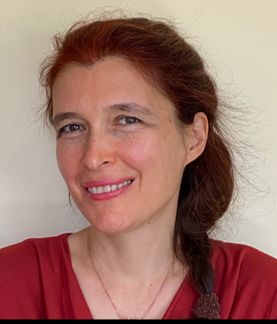
Vera Gorbunova, PhD
Professor of Biology, University of Rochester & Co-Director, Rochester Aging Research Center

Albert Higgins-Chen, MD, PhD
Assistant Professor, Department of Psychiatry and Department of Pathology at Yale University
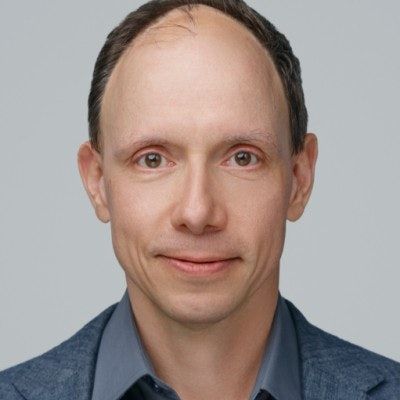
Steve Horvath, PhD
Principal Investigator, Altos Labs
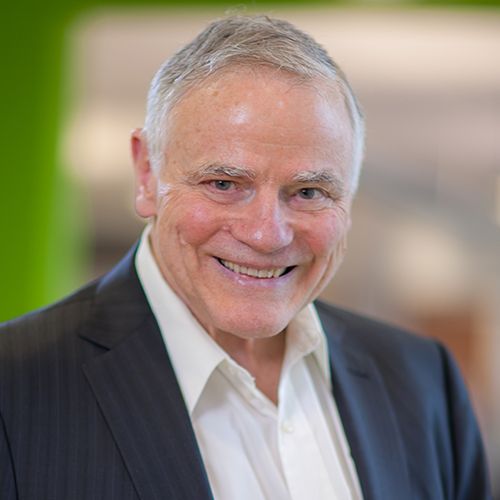
Lee Hood, MD, PhD
CEO, Phenome Health & Professor, The Buck Institute for Aging Research
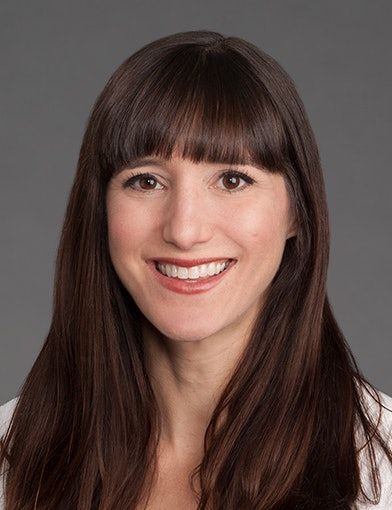
Jamie Justice, PhD
Assistant Professor, Department of Internal Medicine Section on Gerontology and Geriatrics, Wake Forest School of Medicine
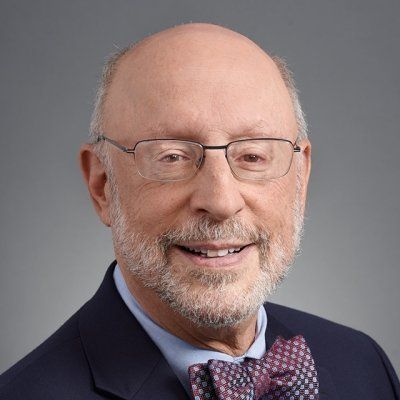
Douglas P. Kiel, MD, MPH
Director, Muscoskeletal Research Center Marcus Institute for Aging Research, Hebrew SeniorLife
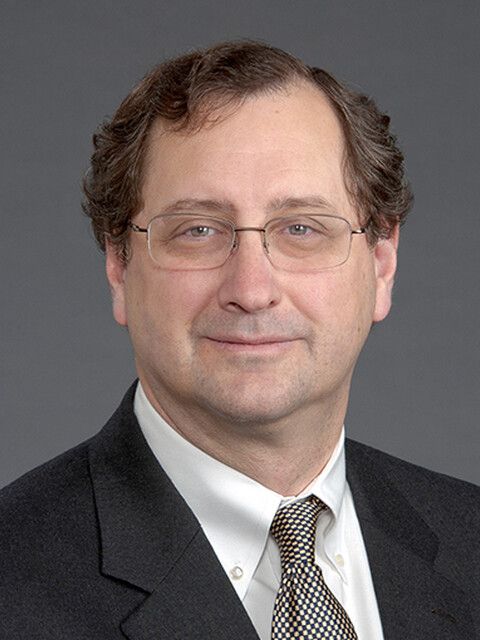
Stephen Kritchevsky, PhD
Director of the Sticht Center for Healthy Aging and Alzheimer’s Prevention

George Kuchel, MD
Professor of Medicine, Travelers Chair in Geriatrics and Gerontology, and Director of the UConn Center on Aging at UConn Health
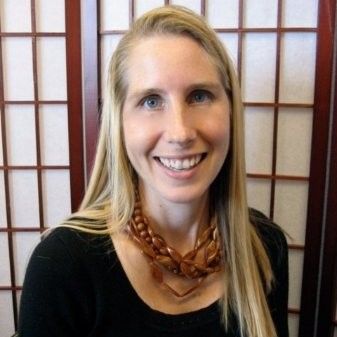
Jessica Lasky-Su, PhD
Associated Professor, Harvard University
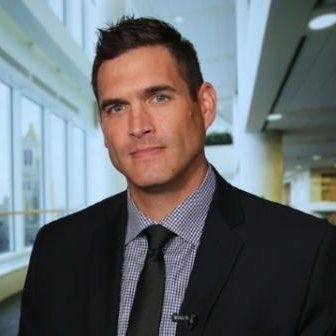
Nathan LeBrasseur, PT, PhD
Professor, Department of Physical Medicine and Rehabilitation at the Mayo Clinic / Director of the Robert and Arlene Kogod Center on Aging / Co-Director of the Paul F. Glenn Center for Biology of Aging Research
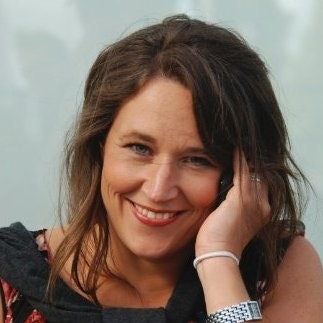
Andrea Maier, MD, PhD
Director, Centre for Healthy Longevity / Oon Chiew Seng Professor at the National University of Singapore & Professor of Gerontology at VU University Amsterdam
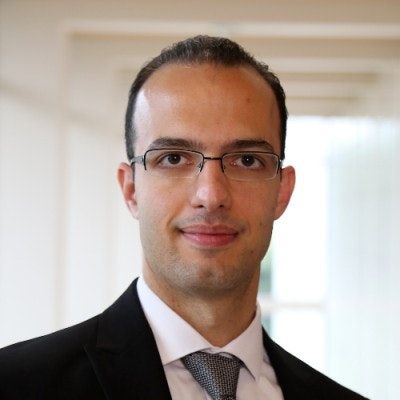
Mahdi Moqri, PhD MBA
Harvard & Stanford, The Biomakers of Aging Consortium

Birgit Schilling, PhD
Professor & Director of the Mass Spectrometry Core, Buck Institute for Research on Aging
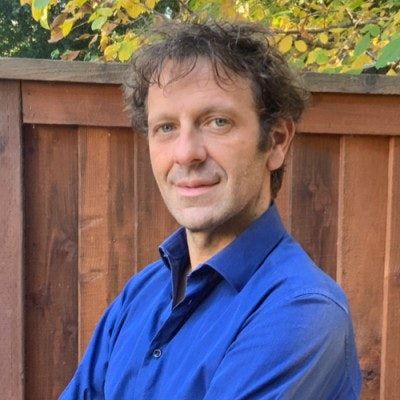
Vittorio Sebastiano, PhD
Associate Professor, Obstetrics and Gynecology, Stanford University / Co-Founder, Turn Biotechnologies
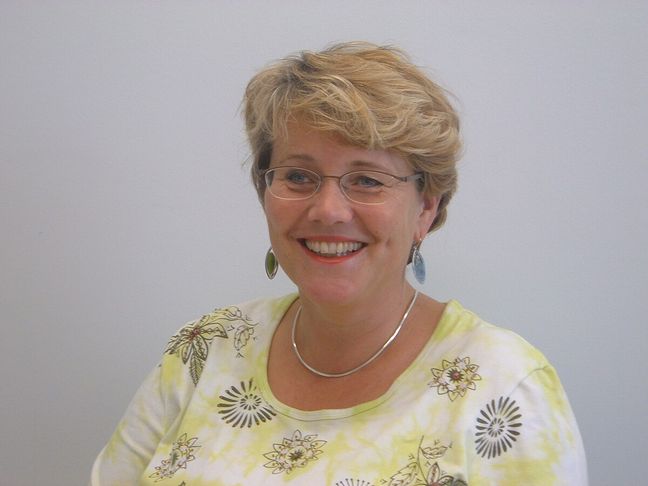
Eline Slagboom, PhD
Prof. Molecular Epidemiology, Leiden University
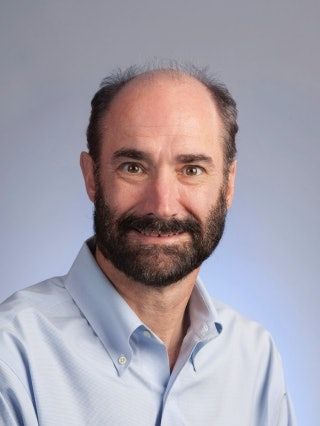
Michael Snyder, PhD
Stanford B. Ascherman Professor and Chair of Genetics, Stanford University
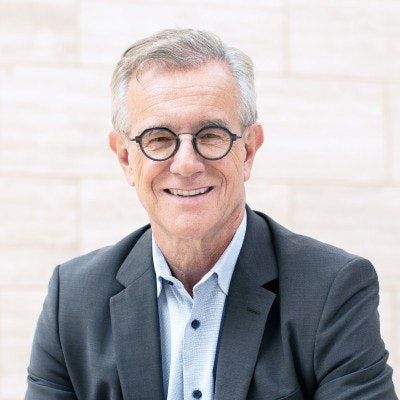
Eric Verdin, MD
President & CEO, Buck Institute for Research Aging, Professor of Medicine, University of California, San Francisco